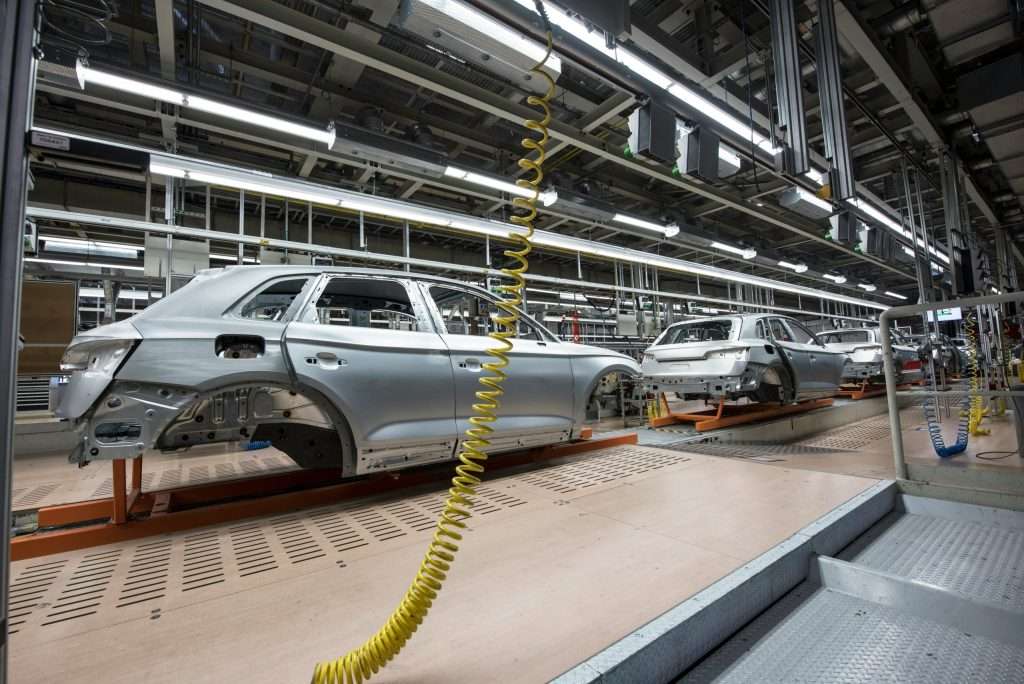A recent Capgemini report reveals a significant shift in U.S. manufacturing strategies, with a strong move towards onshoring and nearshoring production, driven by the need for supply chain reliability and advanced technologies.
The Onshoring Wave
Capgemini‘s survey of 600 U.S. manufacturers indicates a staggering 82% are planning to bring a substantial portion of their production closer to the American market within the next three years. This shift, part of a broader “reindustrialization” trend, involves a $1.4 trillion investment in domestic manufacturing, including the construction and modernization of factories with the help of AI and machine learning.
Drivers and Benefits
The primary motivation for this strategic pivot is the increasing demand for supply chain dependability. Other factors include sustainability efforts, geopolitical tensions, competitive advantages, changing trade policies, labor costs, and the desire to cut supply chain and logistics expenses. Industries ranging from chemicals to consumer products and from aerospace to automotive are all embracing this trend, which has gained momentum in the wake of the COVID-19 pandemic’s supply disruptions.
Regional Impacts and Technology’s Role
While China may see a decrease in its role as a manufacturing hub for the U.S., Mexico is poised to benefit, with 54% of surveyed companies planning to boost investments there. The anticipated changes include a rise in domestic production from 46% to 48% and an increase in nearshore production from 28% to 34%, while offshore production is expected to drop from 26% to 17%.
The reindustrialization strategy also involves leveraging AI, with 94% of companies planning to implement generative AI to enhance plant productivity and optimize manufacturing locations. Workforce training and upskilling are also crucial components of this investment, as automation and advanced technologies become more prevalent in manufacturing processes.
Optimistic Outlook
Despite the challenges and uncertainties of reshaping supply chains, the Capgemini report reflects an optimistic outlook among executives, with 68% confident that reindustrialization will foster innovation and technical progress. This marks a significant transformation in the manufacturing landscape, with a clear focus on bringing operations back to domestic markets and embracing new technologies for a competitive edge.





